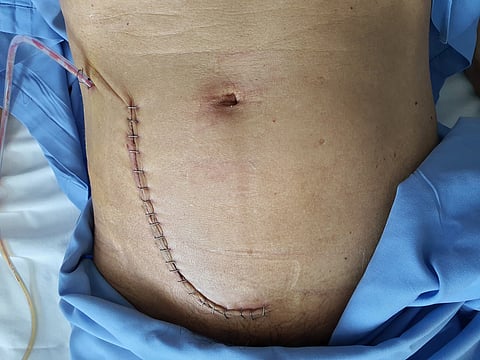Joypurhat kidney sale
Twenty-six-year-old Mizanur Rahman was desperately looking for a way to settle debts he had incurred while buying a small piece of land in Bagoil, a village in Joypurhat district in the north of Bangladesh. It had been three years, and the loan sharks who had lent him 10,000 taka (USD 130) three years ago were now asking for more than three times as much, some USD 418. Mizanur is a farmer with a two-year-old son and a wife to take care of, and he wanted to get rid of his debts so that his family would not have to deal with them. He heard that his neighbour had earned some quick cash by donating one of his kidneys – a man named Golam was brokering kidney transplant in his village. 'You will not even realise that you had a surgery,' he had told Mizanur. So, on 3 August, Mizanur went to a Dhaka hospital and gave away one of his kidneys; in return, he was paid USD 1830.
In so doing, Mizanur also joined a group of at least 200 Joypurhat district villagers who have illegally sold their kidneys. Like Joypurhat, impoverished villagers from other parts of Bangladesh's northern areas have been lured by hefty sums of money to give away their kidneys and other organs. In September, Bangladeshi law enforcement arrested six members of a network – thought to be the first of its kind in the country – that was illegally trading human organs inside Bangladesh and abroad.

